
Why Can Young People Still Suffer Strokes and Sudden Death? 5 Dangerous Habits You Need to Quit Immediately
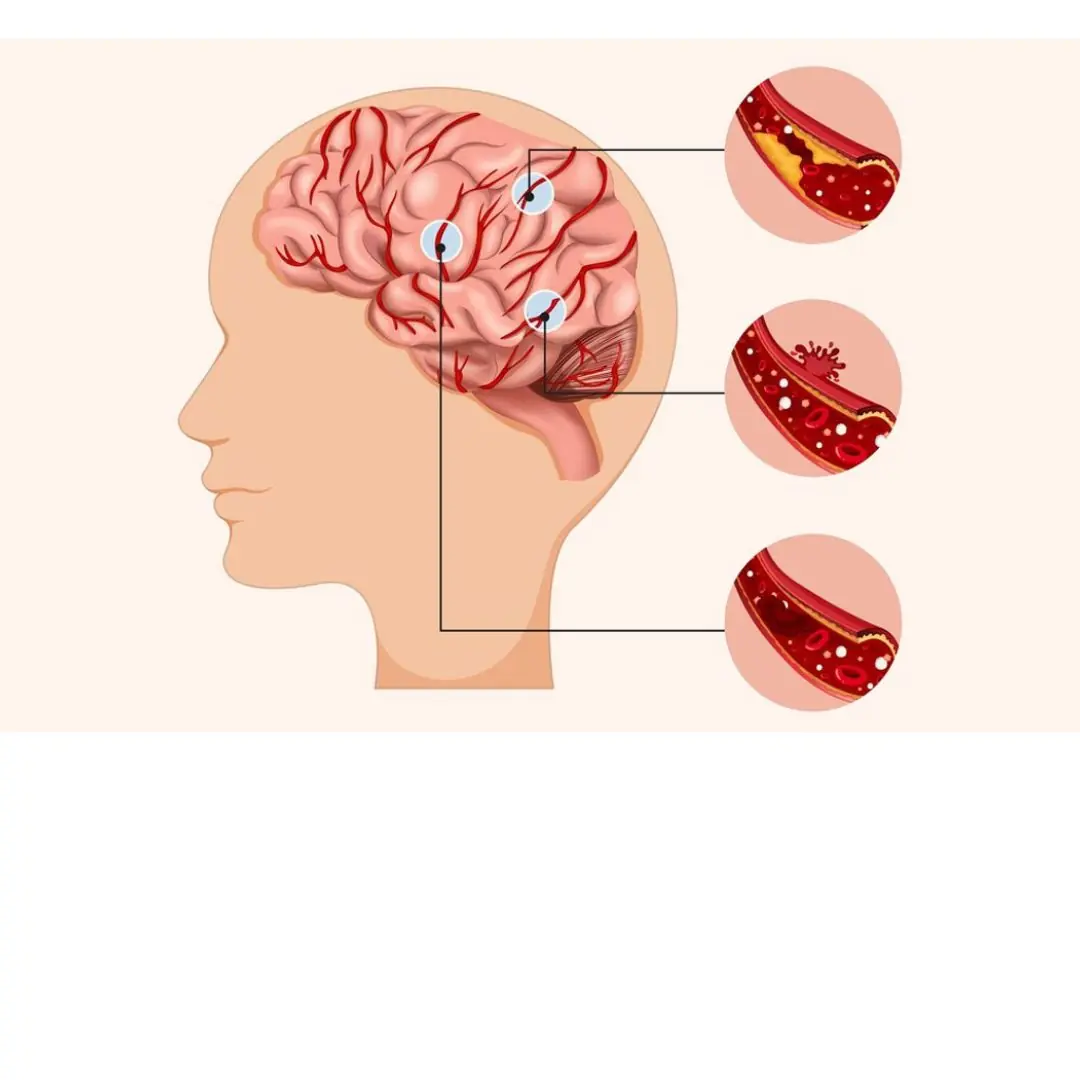
Why Young People Can Still Suffer from Stroke and Sudden Death: 5 Dangerous Habits You Must Quit Now
Many believe that stroke and sudden death only happen to the elderly. In reality, more and more young, seemingly healthy people are suddenly collapsing at work, in the gym, or even at home—without any warning signs. These heartbreaking incidents raise the question: "Why are young people still at risk of stroke or sudden death?"
Let’s explore the causes and the 5 dangerous habits that silently damage your health and should be eliminated as soon as possible.
💥 What Are Stroke and Sudden Death?

-
Stroke occurs when the blood flow to the brain is blocked or a blood vessel in the brain bursts, causing brain cells to die quickly due to lack of oxygen.
-
Sudden death often results from cardiovascular issues, typically sudden cardiac arrest, where the heart suddenly stops beating without warning.
Though different in mechanism, both conditions are extremely dangerous and can be fatal within minutes if not treated promptly.
⚠️ Why Can Young People Be Affected?
There are three main reasons why more young people are facing these conditions:
-
Unhealthy lifestyle: Poor diet, lack of exercise, smoking, alcohol consumption, and chronic sleep deprivation.
-
Prolonged stress: Work, study, and financial pressures keep the body in a constant state of stress, increasing the risk of heart disease.
-
Lack of regular health check-ups: Many young people assume they’re healthy and ignore essential indicators like blood pressure, cholesterol, or blood sugar—all of which can lead to stroke or heart issues silently.
🛑 5 Dangerous Habits Young People Need to Quit to Prevent Stroke and Sudden Death
1. Staying Up Late and Not Getting Enough Sleep
Sleeping less than 6 hours a night for a prolonged period raises blood pressure, causes irregular heartbeats, and impairs brain function. The body doesn’t have time to recover, increasing the risk of stroke and sudden death—especially in the early morning, which is a common time for such incidents.
📌 Tip: Aim for 7–8 hours of sleep daily and maintain a consistent sleep schedule.
2. Overusing Alcohol and Stimulants
Frequent consumption of alcohol, smoking, excessive caffeine, or even drug use seriously damages the heart and blood vessels.
📌 Tip: Minimize alcohol, avoid stimulants altogether, and if you smoke—start your quitting journey today.
3. Skipping Breakfast and Poor Eating Habits
Many young people skip breakfast due to busy schedules, and instead opt for fried foods, fast food, and sugary drinks—this combination accelerates arterial plaque buildup and metabolic disorders.
📌 Tip: Never skip breakfast. Choose a healthy meal with vegetables, fiber, and limit greasy, processed food.
4. Being Inactive and Sitting Too Long
Sitting for long hours without movement slows blood circulation and increases the risk of blood clots, a major cause of stroke and heart attacks.
📌 Tip: Stand up and walk around for 5 minutes every hour, and exercise at least 30 minutes a day.
5. Neglecting Regular Health Check-Ups
Many young people are unaware that they have high blood pressure, high cholesterol, or prediabetes—until a medical crisis hits.
📌 Tip: Even if you feel healthy, get a full health check-up at least once a year, especially if you have a family history of heart conditions.
✅ Final Thoughts
Stroke and sudden death don’t discriminate by age. Neglect, poor lifestyle habits, and stress from modern life are increasing the risk for young people every day.
Take care of yourself by changing your habits today—because health is not something that can wait.
News in the same category


7 Common Vegetables That Can Cause Kid.ney Stones

5 Delicious Foods Once Misunderstood as Har.mful
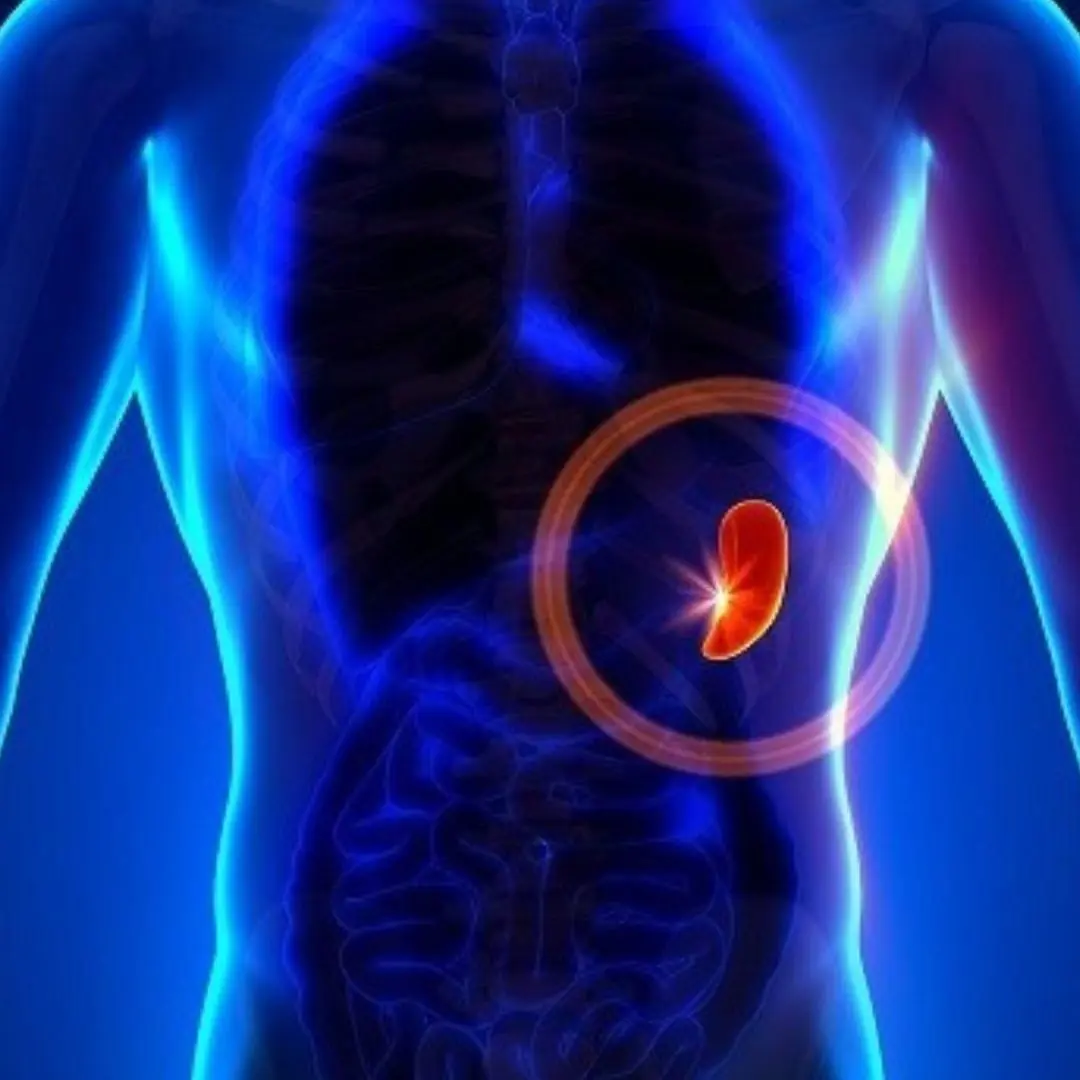
Spleen Cancer: A Rare But Dangerous Disease – You Need To Know!

Achy Mornings? Here’s What Your Body’s Trying to Tell You — And How to Fix It

5 Pancreatic Can.cer Symptoms Often Mistaken for Sto.mach Issues
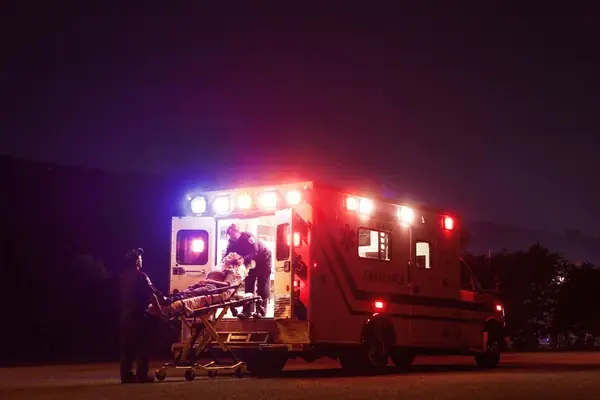
5 Types of Drinks That Can Harm Your Liv.er and Kid.neys at Night
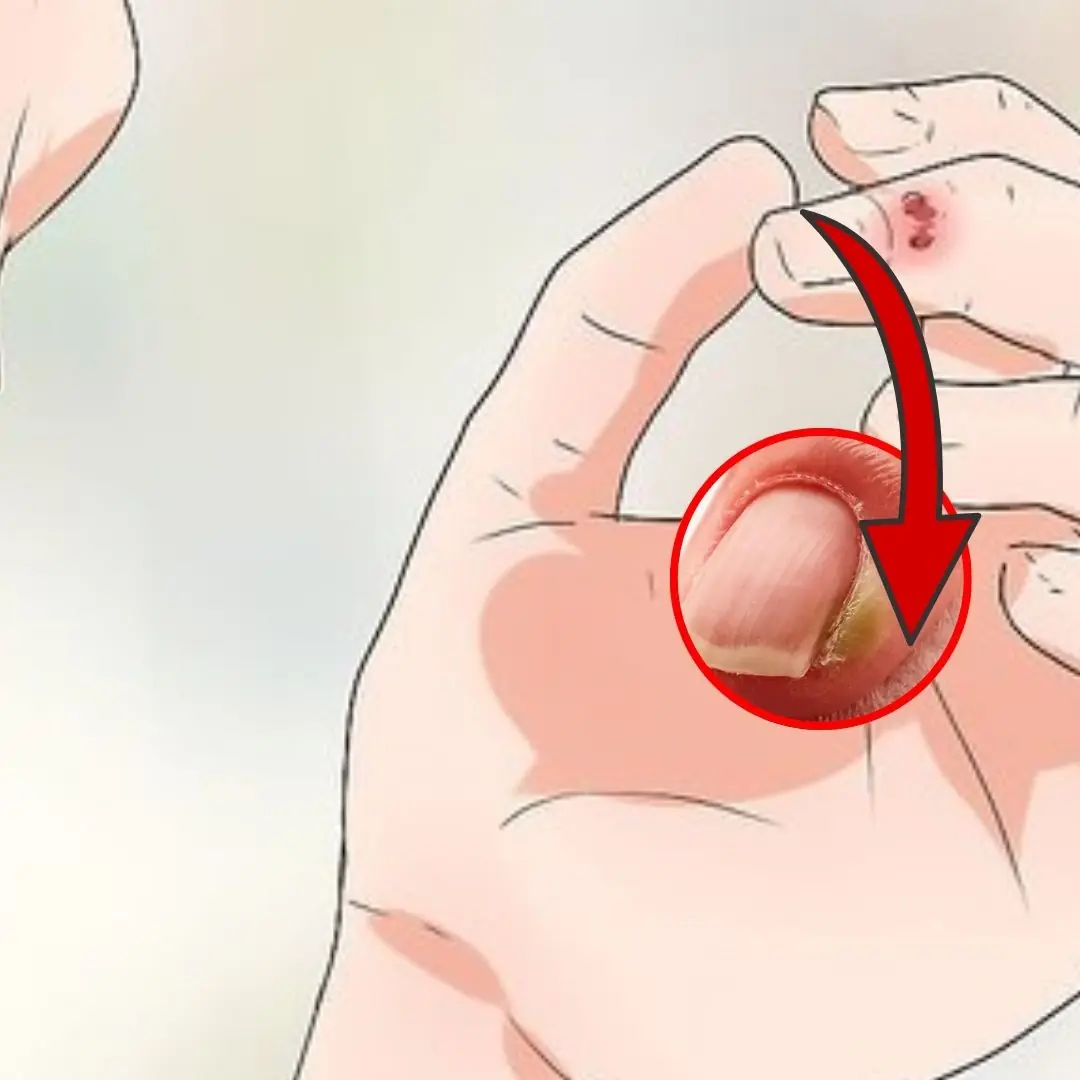
Suffering from Canker Sores? Here Are 3 Powerful Home Treatments You Should Try
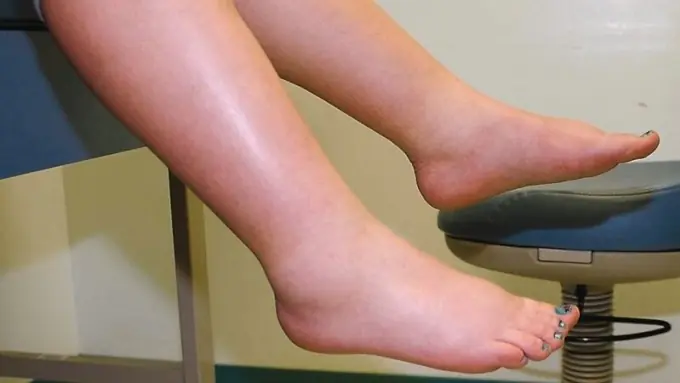
When Fat Invades and Des.troys the Liv.er, the Body Swells in 5 Areas
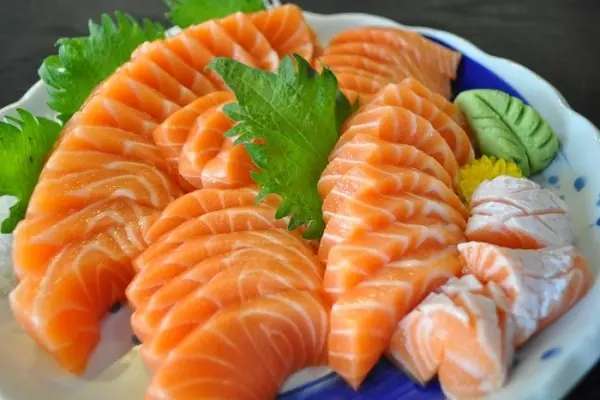
3 “Golden” Foods That Help Women During Menopause
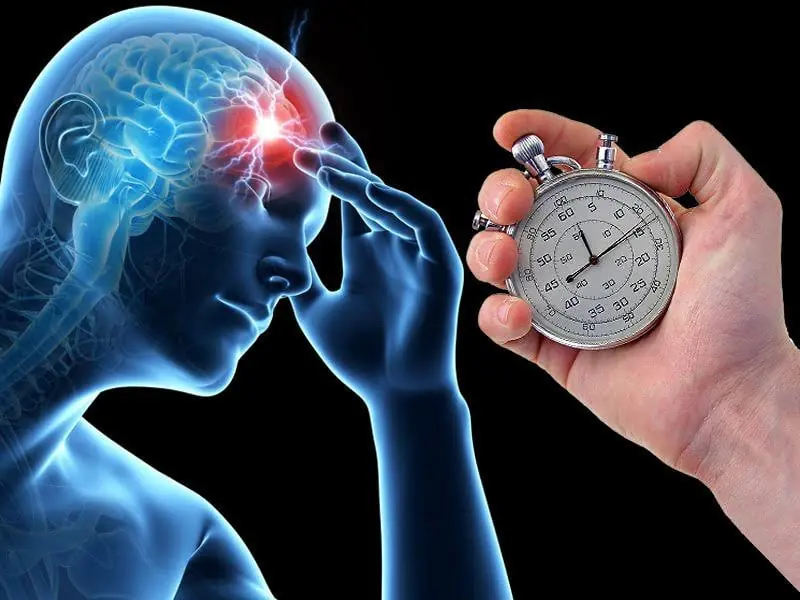
4 Clear Warning Signs of Stro.ke

6 Bodily Changes That Are “SOS Signals” From Your Kid.neys Before Can.cer
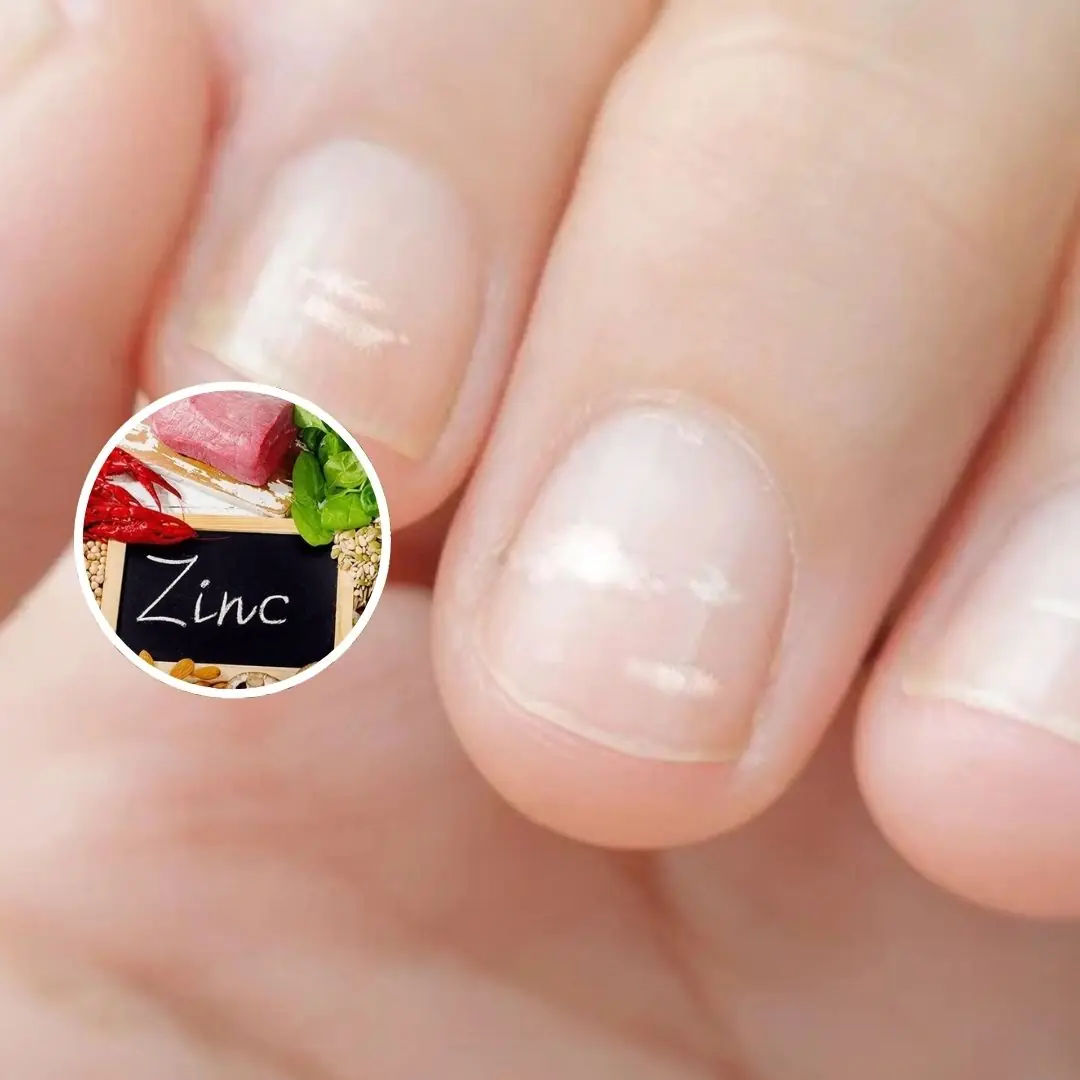
Your Body Might Be Low on Zinc — Here Are 6 Signs to Watch For

Woman gets brain infection after eating refrigerated watermelon
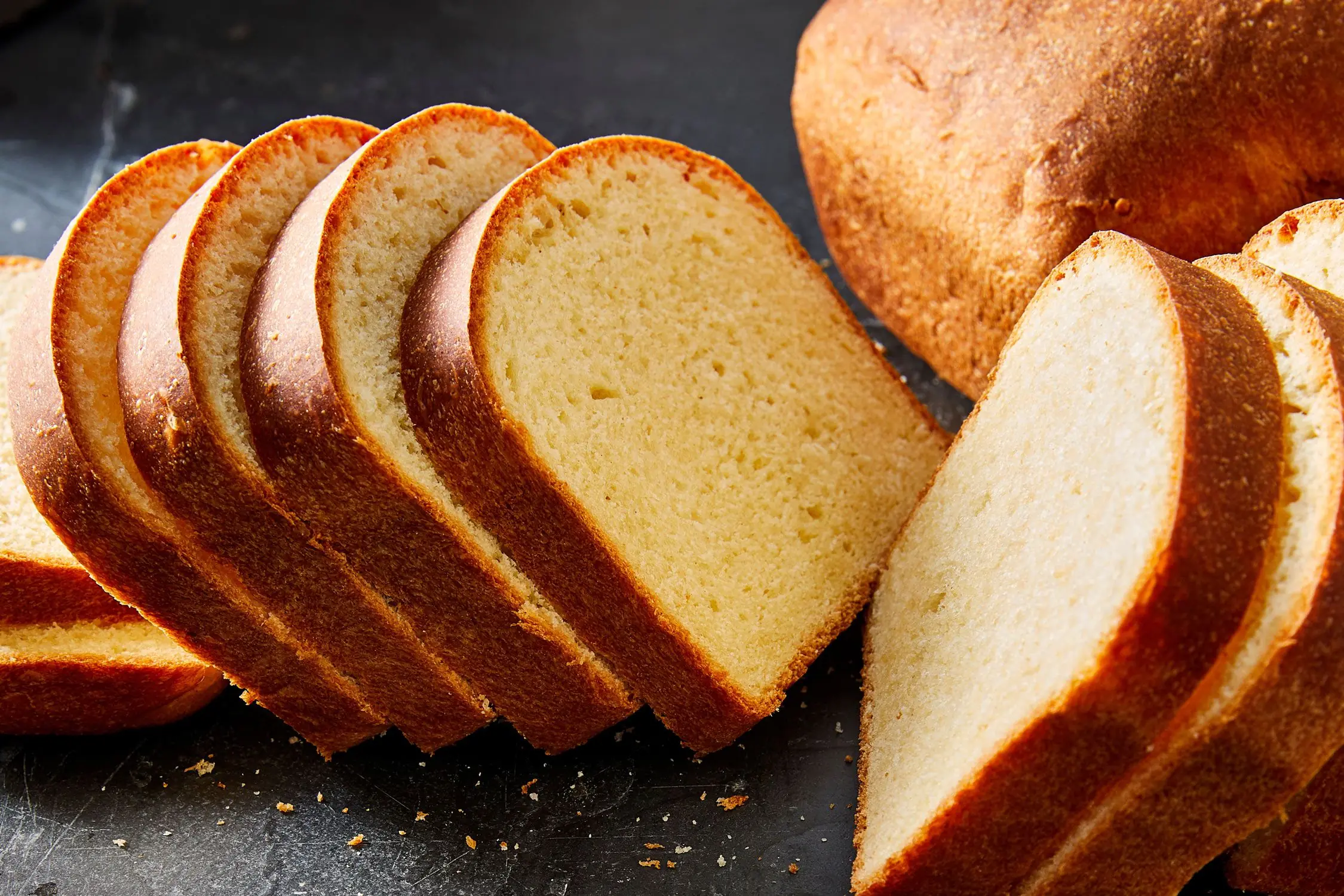
Bread May Be Delicious, But These 5 Groups Should Limit It
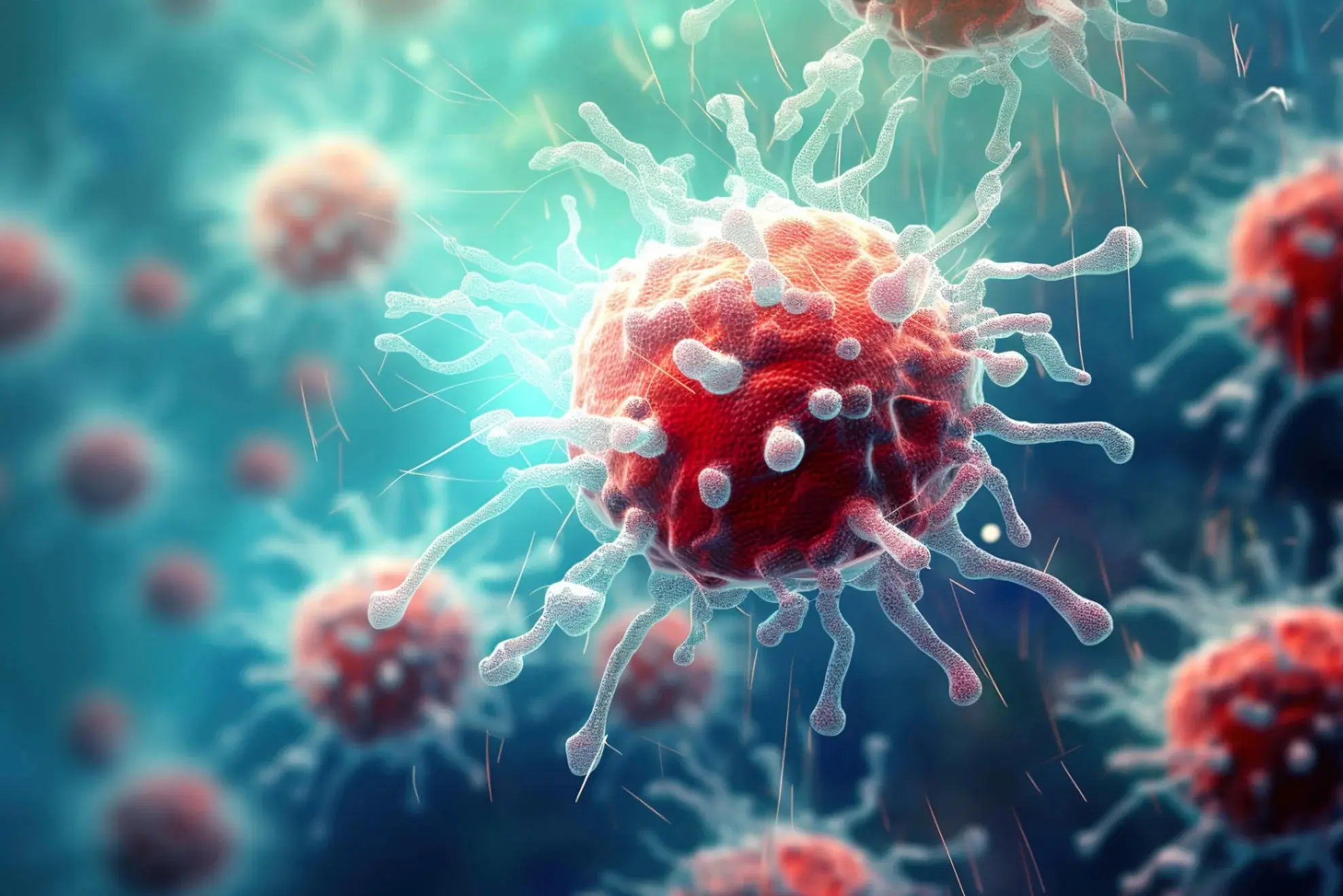
Identifying the “Switch” That Reduces Can.cer Cell Survival by 53%

Just 3 Minutes in the Morning: This Simple Test Can Reveal Hidden He.art Disease
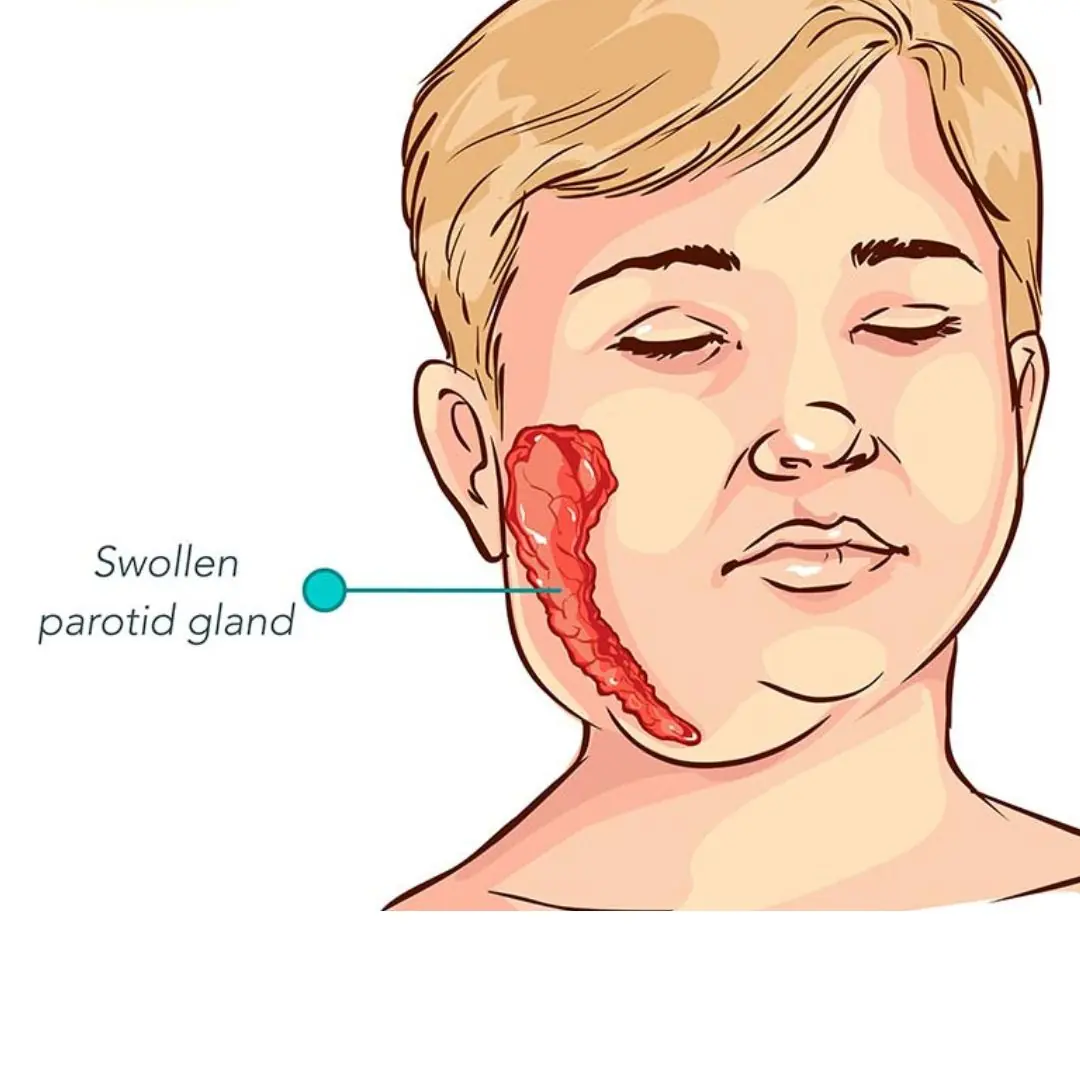
Does mumps in men affect reproductive health?
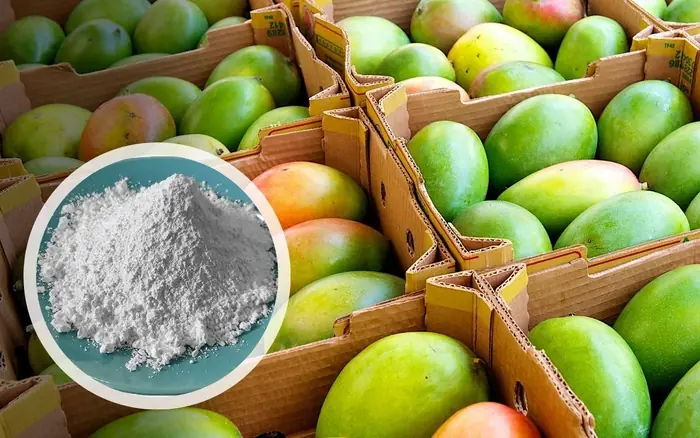
3 Types of Fruit Can.cer Cells “Love”
News Post

A familiar vegetable ranked among the cleanest by the U.S

The royal-class meat highly praised in the U.S

This pot of stew has never been left on fire for 50 years — the reason behind it will surprise you!

Tips to Skim Excess Fat from Greasy Soup

6 Subtle Changes That May Signal the Early Stages of Colo.rectal Can.cer
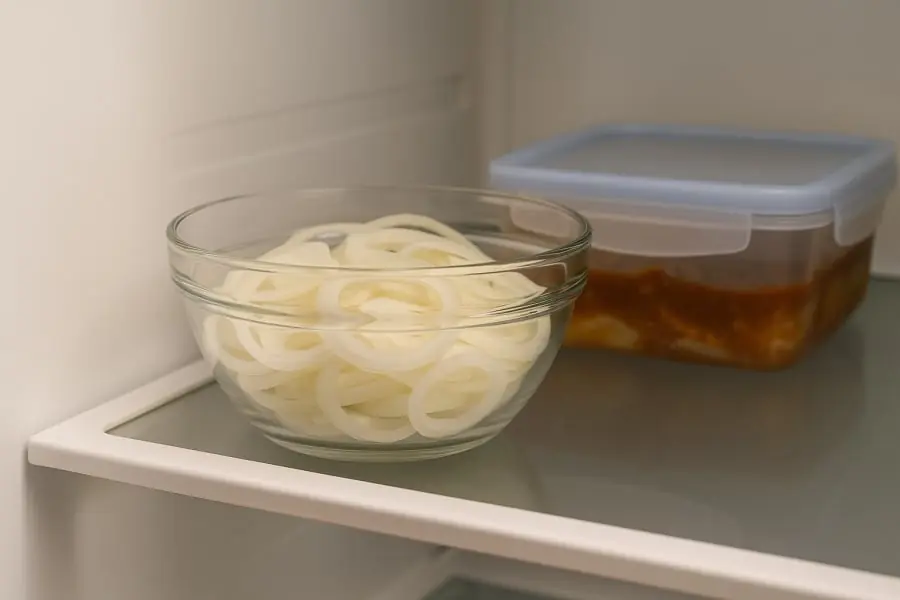
Onions Aren’t Just for Cooking: 5 Surprising Hacks

No Matter How Tight Money Is, Eat These 3 Types of Meat as Little as Possible

Want to Know If a Shrimp Is Farm-Raised or Wild-Caught?

7 Common Vegetables That Can Cause Kid.ney Stones

5 Delicious Foods Once Misunderstood as Har.mful
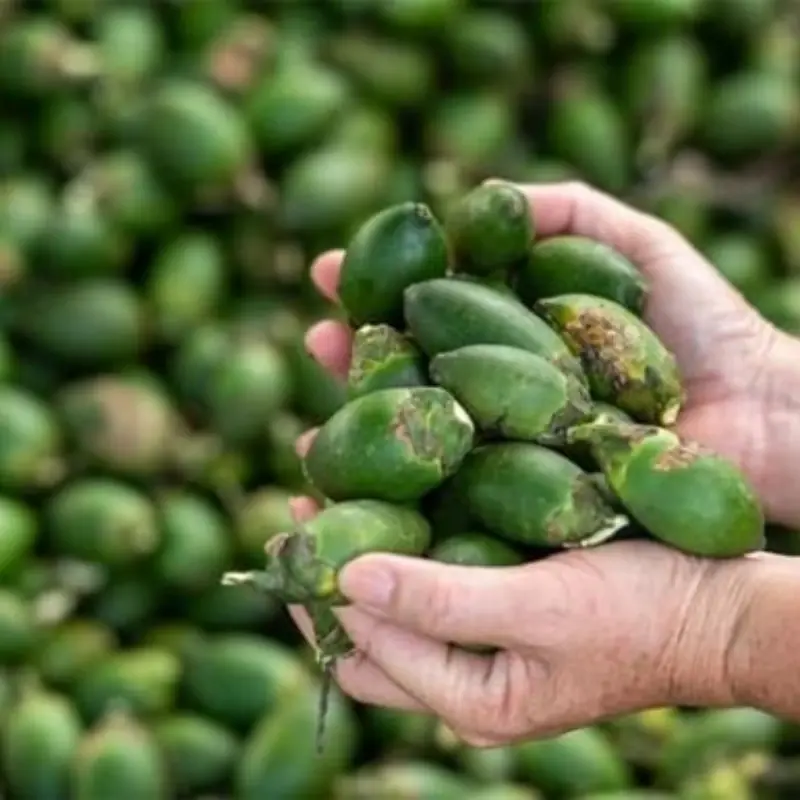
Doctor Warns: 4 Fruits That “Feed” Can.cer Cells

Is it healthier to use cooking oil or lard?

Can a plane in the sky be struck by lightning? Are the passengers inside safe?

Tsunami and its warning signs, essential for those who often go to sea

Ever seen red-tipped bananas in Europe? Here’s why they look that way

Spleen Cancer: A Rare But Dangerous Disease – You Need To Know!

When You Propose, Why Do You Get Down On One Knee? Exploring The Tradition Behind The Romantic Gesture
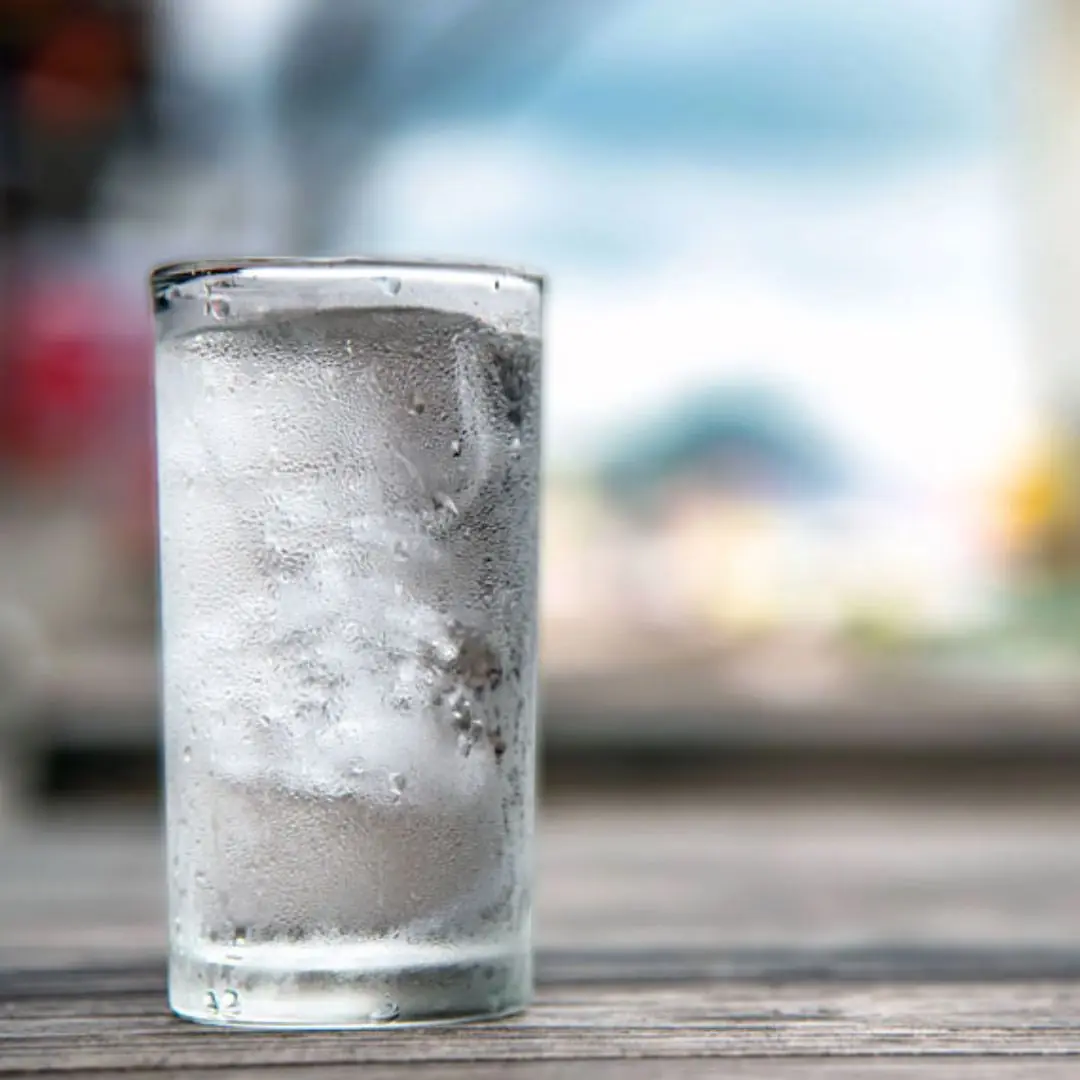
Drinking cold water at these 5 times can easily cause illness, no matter how much you like it, you should stay away from it
